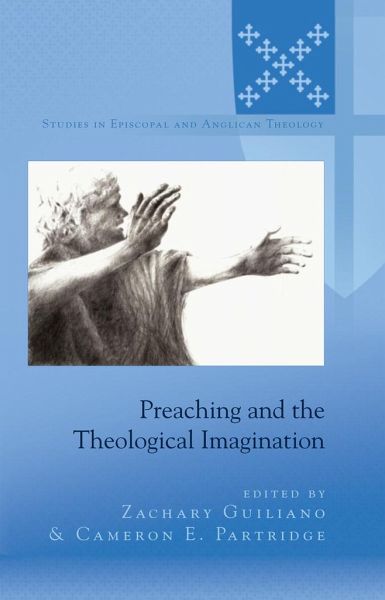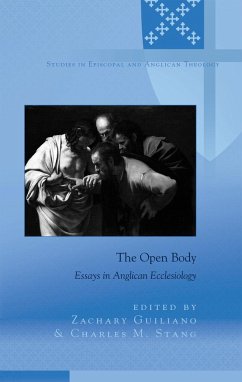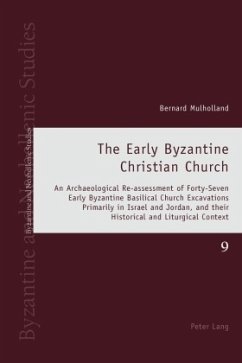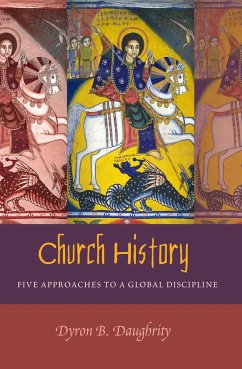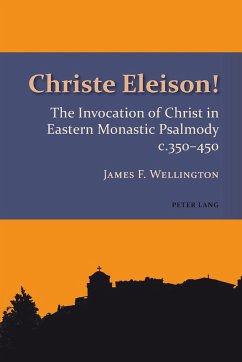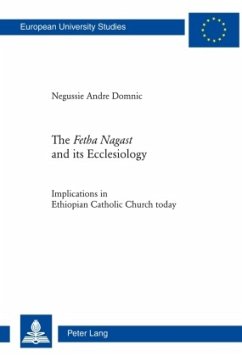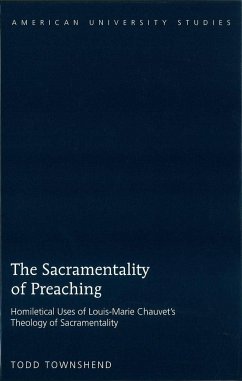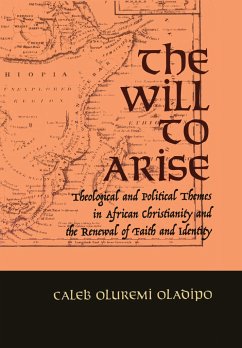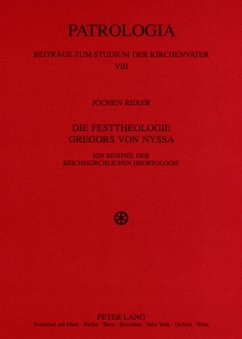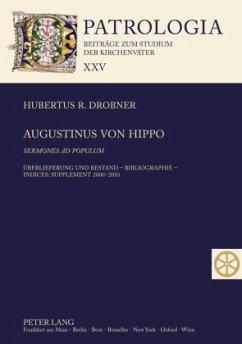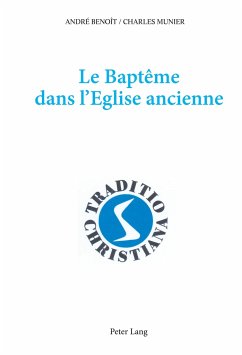«It is a delight to see a younger generation of Anglican/Episcopalian priests and scholars engaging afresh here with the classic challenge of effective preaching. Drawing deeply on historic resources, but with a keen eye to the particular challenges of contemporary religious pluralism, these essays stimulate both the intellect and the imagination.» (Sarah Coakley, Norris-Hulse Professor of Divinity, University of Cambridge; Honorary Canon of Ely Cathedral)
«Preaching, said Bishop Phillips Brooks, is the 'communication of truth through personality', neither without the other. In many and various ways, these insightful essays take both sides of that definition seriously: on the one hand, theology, exegesis, doctrine - the word that is
to be communicated; on the other, imagination, embodiment, rhetoric - the concrete particularity of communicating it. The results are remarkable for their diversity, their depth, and their bearing on both understanding and practicing the ministry of proclamation.» (Charles Hefling, Editor emeritus, 'Anglican Theological Review')
«Like a really good conference, this wide-ranging collection of essays succeeds in generating a great conversation around preaching. With attention to poetry, liturgy, and homiletical performance, classical theology and modern theory, traditional settings and contemporary challenges, this book goes a long way toward delineating the elements of what might emerge as a new Anglican culture of preaching and the spiritual and intellectual disciplines that could sustain it.» (Ellen F. Davis, Amos Ragan Kearns, Distinguished Professor of Bible and Practical Theology, Duke Divinity School)
«Preaching matters, even in the midst of (or perhaps because of) the technological gadgets that bedazzle us. There is still no substitute for lively and embodied proclamation. These informed and perceptive essays offer important reminders of how that has been true in Anglican tradition as well as encourage us to explore renewed theological, liturgical, psychosocial, and imaginative dimensions in our own day.» (Carl P. Daw, Jr., Adjunct Professor of Hymnology; Curator of the 'Hymnological Collections', Boston University School of Theology)
